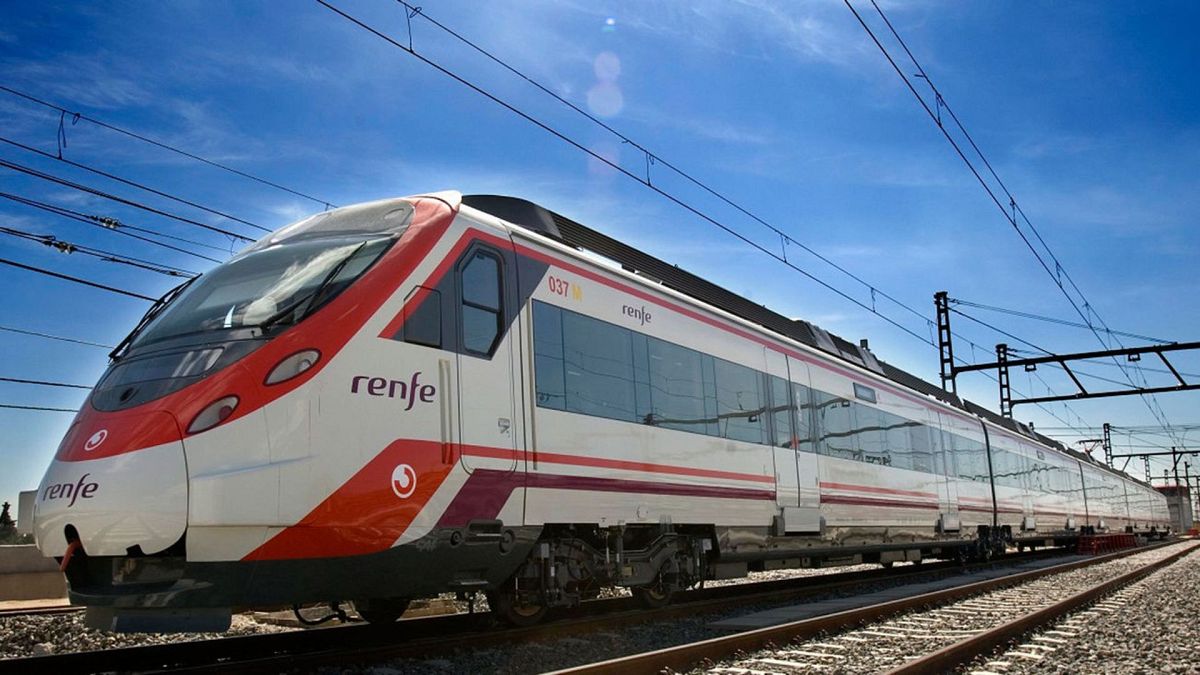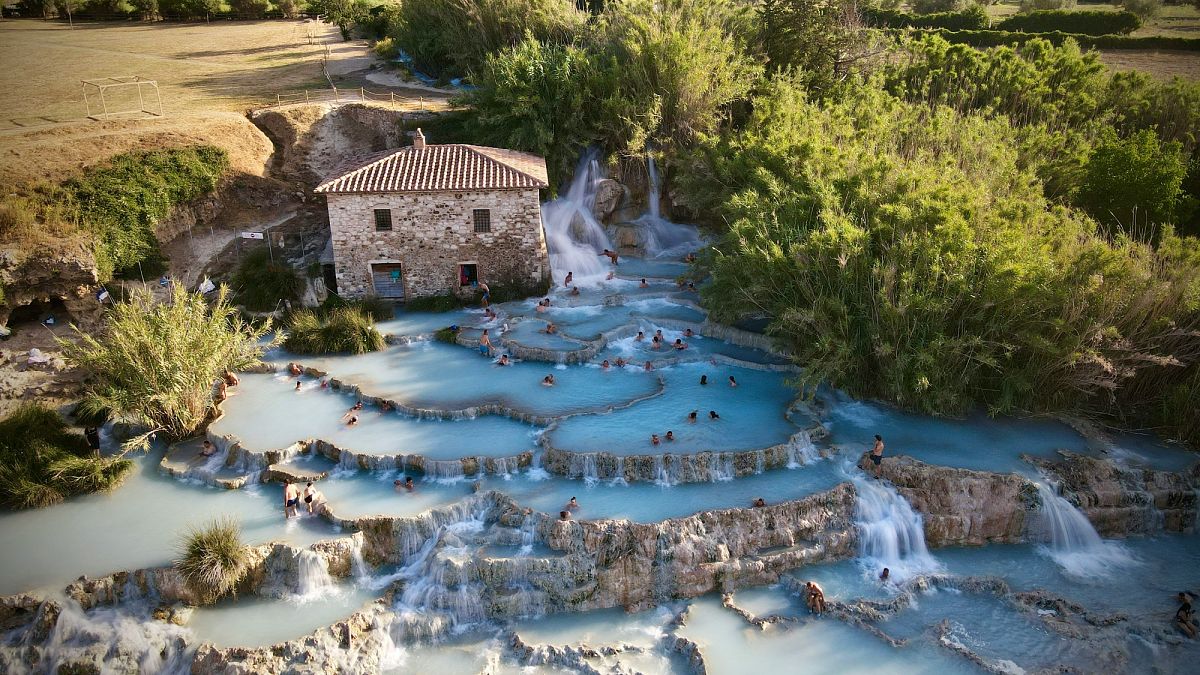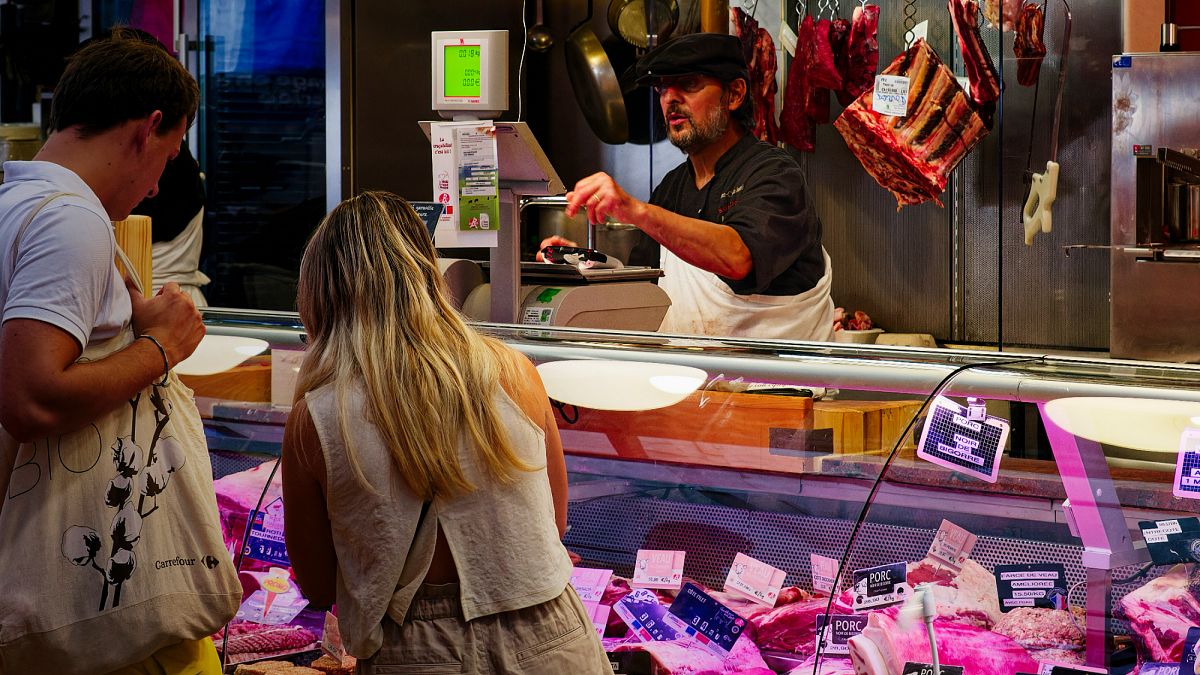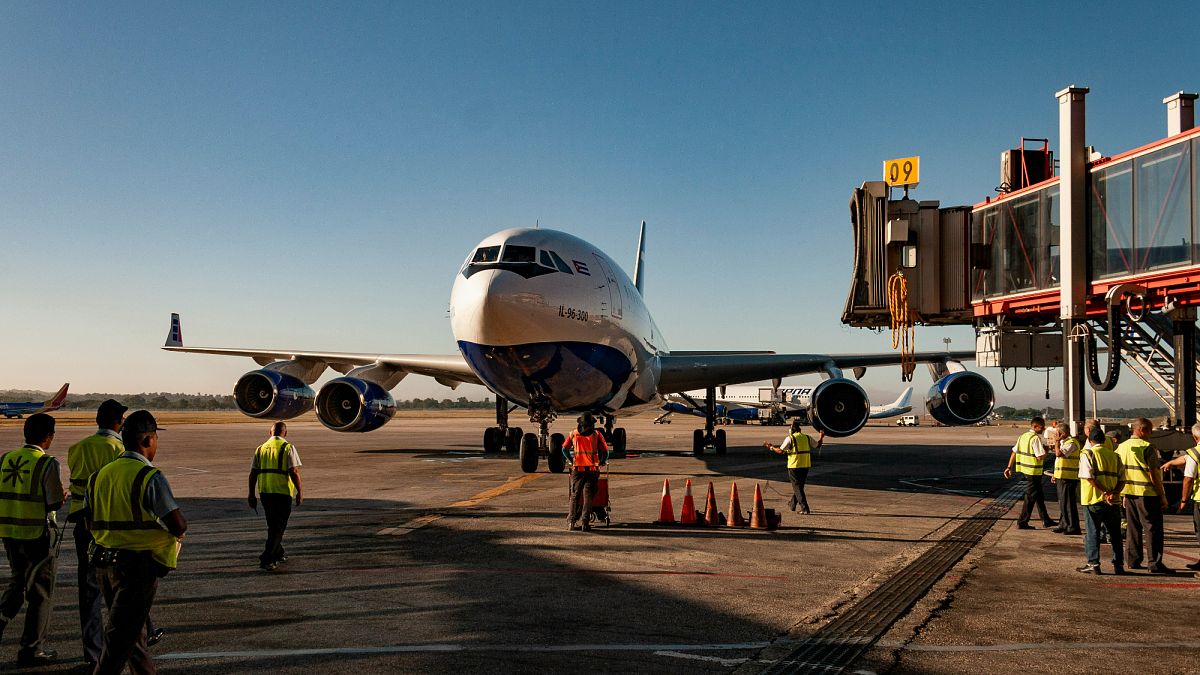“Dad, can I choose where we go on our next holiday?”.
This feels like a trap.
In my head, I’m weighing up encouraging her enthusiasm for exploring the world.
At the same time, I’m not sure I’m ready to sign over a holiday to the same girl who was recently furious that I wouldn’t let her wear her pyjama top to school as a coat.
“Where would you like to go?”. I’m deliberately cagey, negotiating with a six-year-old is fraught with danger.
“Belfast”.
I did not see that coming.
I was sold immediately. I’d never been to Belfast, and it wasn’t really a place that I’d considered visiting.
Firstly, my perspective of Belfast was shaped by UK news reports in the late 1980s about the troubles - and that view was long overdue an update.
Secondly, Belfast is right there. It’s part of the UK and so it seemed familiar and felt like I could go whenever.
But, given my daughter Emilie’s interest and the fact she’s currently learning about the Titanic at school, it appeared that the time was…now!
I’m still trying to decide whether agreeing so readily was good or bad parenting.
Either way, I had agreed, and so we set about working out when we’d go and what we’d do.
Planning a holiday with your children requires patience and embracing mishaps
We were fortunate with timings: the half-term holiday wasn’t far away and we had an extra day off school on the Friday before.
This meant we could get away before the school holiday tax kicked in on the flights (not an actual tax, but a price spike that parents will be well aware of).
This was my daughter’s trip so in the spirit of encouragement I wanted her to have the chance to help plan what we wanted to do while we were there.
At this point, I can thoroughly recommend colour coding to engage young children.
I was confident we had a plan that we’d both enjoy while at the same time minimising the risk of any six-year-old-related mishaps.
As it happens, we didn’t even make it airside at Heathrow before our first mishap.
We were behind a fairly well-known UK-based TV presenter going through passport control who seemed to be having some problems.
In retrospect, I shouldn’t have pointed out to my daughter that he was famous, because she stood a couple of metres behind in the queue, pointing and loudly asking,
“What? Him? That one? Daddy? That man who’s taking AGES?”.
As a Brit, I would have happily abandoned the trip there and then to avoid the embarrassment. Luckily, he wasn’t going to Belfast.
Our first day in Belfast was all about keeping things interactive at the Titanic quarter
We flew into Belfast City Airport, which I think is the most conveniently located airport I’ve ever been through.
We were off the plane and checking in to our city centre hotel within about 45 minutes of touching down.
The next morning, after some interesting breakfast choices by Emilie, (who knew watermelon, potato bread, and cinnamon rolls “go very well together”?) we headed out alongside the river to the Titanic quarter.
I’d assumed this would be more of an activity for kids as I was pretty confident that I already knew the story of the Titanic:
Massive boat, hubris, catastrophe, and fast forward 85 years…11 Oscars.
But the Titanic quarter was excellent. There was something for both of us and we really enjoyed it.
With museums and exhibitions, I’m never sure whether we’re going to be able to take any of it in or whether it’s going to be an hour or so of running around, blindly mashing interactive buttons.
We ended up staying well over two hours and both had different favourite parts:
My daughter loved the ride and the virtual tour of the ship.
I was moved by the wall with the victims’ names, and learned how important Titanic and the wider shipbuilding industry was to Belfast.
My daughter wasn’t as interested in the individual items on display as I was, but I think it’s trickier for a six-year-old to realise their significance and make that connection.
The pocket watch of Captain Rostron (captain of the Carpathia, the ship which rescued the survivors) was on display, which I found it interesting. “I like my watch better” Emilie declared, and to be fair to her, his watch didn’t even have a strap, let alone one with Disney characters on it.
That said, the treasure hunt activities for kids meant that she was engaged the whole way around and was actively looking at all the exhibits.
After the experience we went on the tour which takes place around, rather than in the building.
We learnt more about the building of the Titanic and saw where it left Belfast.
Later in the weekend, another tour guide was very keen to point out that Titanic was “absolutely fine when it left so it’s not our fault”.
My daughter loved particularly loved the last part of the tour as she got to have a turn on the wheel of the SS Nomadic ship, which ferried passengers from Cherbourg to the Titanic. It also happens to be the last remaining White Star Line vessel.
In the afternoon, we’d booked tickets to go to W5, an interactive science museum with more buttons to mash than my daughter knew what to do with.
After she’d tried as much as possible in the shortest period of time possible, she’d had enough learning, so we spent an hour there before heading back (via the giftshop) to have a rest before dinner.
Beyond Belfast, there’s the Giant’s Causeway and a beautiful coastal route to discover
Sunday was more of an outdoors day and we’d booked on a tour that went north of Belfast to the Giant’s Causeway, via a stunning coastal route that had a few stops on the way.
In advance, I had figured out that if we sat on the right-hand side of the tour coach to give ourselves the best views. So far, so good.
But then my heart sank a little when at our first stop at Carrickfergus Castle, I realised we were in a loose convoy of four or five other coaches - and that we were going to be at the same places as hundreds of other people, all at the same time.
This was the day I was reminded of two useful travel tips:
Travel Tip One: There’s no such thing as bad weather, only bad clothing. I’d seen the weather forecast so had insisted on bringing a change of clothes and we were well-layered up.
Travel Tip Two: If you are prepared to go even slightly off-the-beaten-track there are often rewards.
In this case our first very well-beaten track was a stop at the famous ‘dark hedges’, which featured in ‘The Game of Thrones’. It’s a narrow lane flanked by overhanging beech trees, yet when we arrived it already looked like Covent Garden at the weekend: hundreds of people were there trying to take selfies.
Walking just 200 yards further along the road in the wind meant we got a far less-crowded experience than the vast majority of visitors that day.
It was a similar story at Giants Causeway. By the time we got there, the wind had got stronger and the rain was much heavier…and horizontal. Our driver called it ‘summer’.
Half our coach load of people didn’t even get off, and instead preferred to head back and wait in the warmth of the Old Bushmills Distillery, the oldest licensed whiskey distillery in the world.
Half as many again probably didn’t make it past the visitor centre at the top of the cliffs.
Emilie and I, meanwhile, loaded up on hot chocolate and set about braving the elements as we headed down to the stones.
Despite all my bravado about being prepared, a half an hour's walk into a wall of water was a step, actually 2,000 ish steps, too far. But when we got down there it was exhilarating with the weather only emphasising the ruggedness of the coastline, and I’m really glad we saw it like that.
We spent 45 mins there watching the sea, climbing over the rocks, and trying to avoid the pools that had formed around them.
After that, we had a quick look around the visitor centre to dry off and learnt about the origins of the causeway:
Volcanic activity for the more scientifically inclined, or it was built by the superbly named giant, Finn MacCool, who needed a crossing to go and have a fight with a rival giant in Scotland.
My daughter and I agreed to disagree on which one was true.
Back in Belfast we had dinner opposite the grand Belfast City Hall and laughed at some of the photos we had from the day.
Belfast’s peace walls: a lesson in how not to shield children from the world
Our flight home on Monday was late afternoon so we still had some time to look around. I wanted to see the peace walls and learn more about the nuance of the troubles, its effects and to try and learn how things are today.
At the same time, I wasn’t sure how to explain their presence to a six-year-old.
I settled on a compromise: we would walk there instead of taking one of the black cab tours, which would still let her have a look at the art until she’d had enough, and I’d answer any questions she had as best I could.
We walked up the Falls Road and crossed through the gates onto Cupar Way where there is a particularly long and imposingly high section of the wall, covered in messages from around the world.
I have always been aware of the existence of the walls in Belfast and, to an extent, the reasons they’re there, but it shook me to think what the situation must have been like for the people who lived through the height of the troubles.
After a fairly heavy morning, we played a round of mini-golf before heading back to the airport.
As we flew back over the Irish Sea, we took one last look at the huge Harland and Wolff cranes, Samson and Goliath.
On the way home, I asked her where she’d like to go next. “Sweden.”
“Abba museum?” I enquired.
“Yeah!”
“Maybe you can go there with Mummy”.
Ross Woodman was a guest of the Titanic Experience and Tour.

 4 months ago
44
4 months ago
44






 We deliver critical software at unparalleled value and speed to help your business thrive
We deliver critical software at unparalleled value and speed to help your business thrive






 English (US) ·
English (US) ·